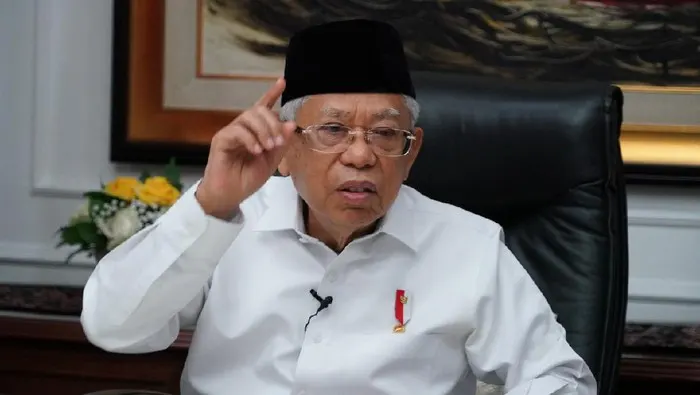Vice President Ma’ruf Amin has called for optimizing existing halal industrial zones in order to strengthen the sharia ecosystem and finance.
“Let’s optimize the existing halal industrial zones and strengthen the potential of East Java as a global halal tourist destination,” he said at the Sharia Economic and Finance Gathering here on the other day.
While inaugurating Sepuluh Nopember Institute of Technology’s (ITS’) Halal, Safe, and Healthy Culinary Zone during the same event, he said that maximizing halal industrial zones is one of the nation’s efforts toward realizing a resilient sharia economic and financial ecosystem.
In addition to empowering the halal industry, East Java’s potential as a global halal tourist destination must be bolstered, he added.
According to Amin, halal industrial zones and halal tourism areas are part of the sharia economic infrastructure.
The building of Islamic economic infrastructure must take place in conjunction with efforts to increase accessibility between regions, including through the integrated use of digital technology in all sharia economic and financial sectors.
“The acceleration of halal certification must be a common focus. I think the goal is not just about halal labeling, but to provide a guarantee on halal products that are consumed by the public,” Amin said.
Meanwhile, to develop sharia economic and financial resilience, there is a need to expand collaboration and conducive ecosystem networks, the Vice President said.
“Cooperate with more universities, Islamic boarding schools (pesantren), associations, organizations, media, the business and industry, banking, and other related parties,” he said.
He also urged ecosystems and communities such as pesantren to produce “economic warriors.”
“Pesantren, apart from being a center for dawah, and a place to spread religious beliefs, it has a role in community economic empowerment,” he said.—Antara news









